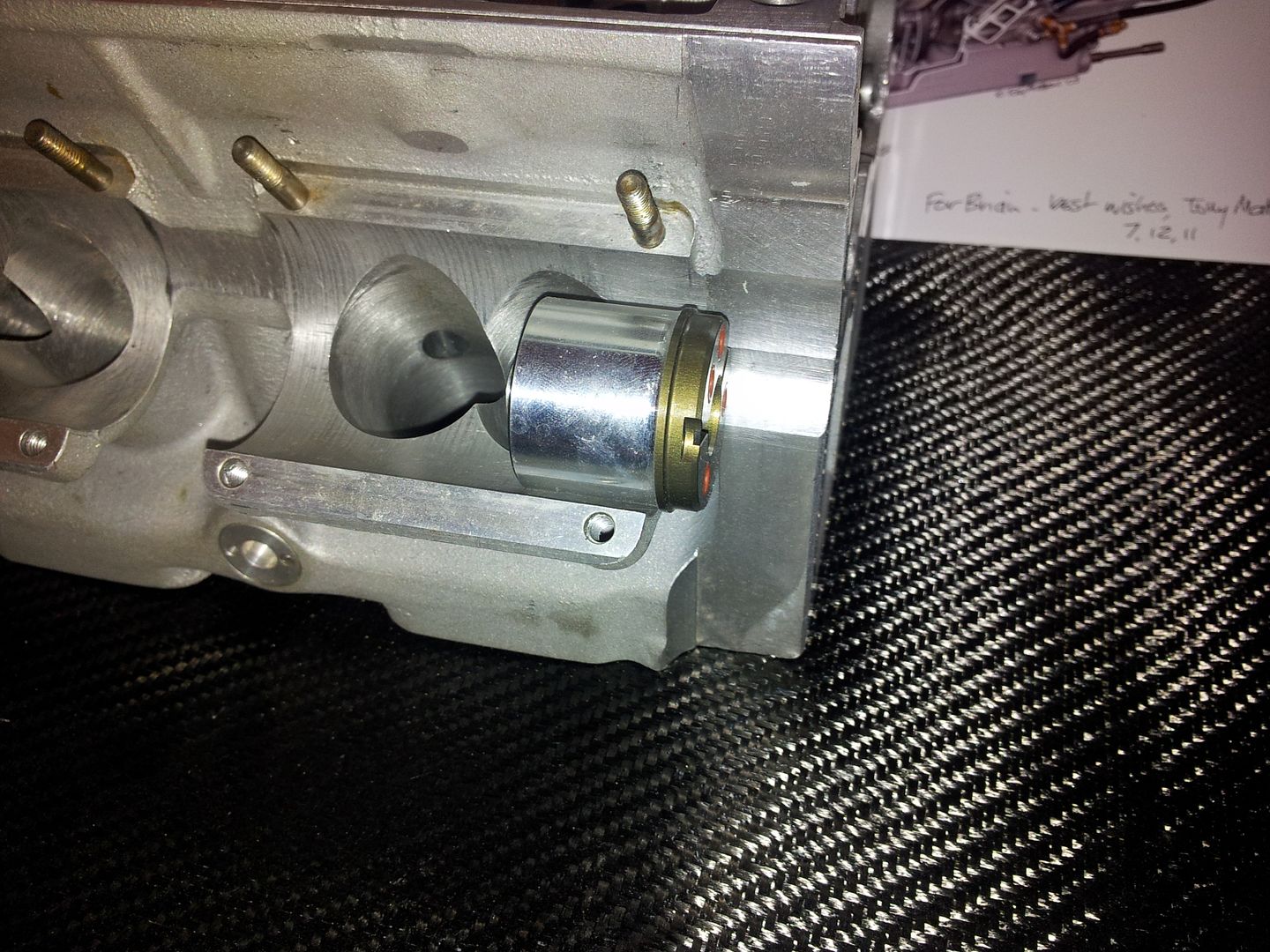- Login or Register
No account yet? Sign up
Something like this Dave?xpensive wrote:One of the original advantages was that in a pneumatic system like this, the gas-chambers are not really springs asjamesr20 wrote:This is a basic question but what is the advantage of pneumatic valves over spring valves is it simply that at higher rpm's they are more affectiv or is more complex than that, sorry if this is a stupid question but you good folks will be able to tell me. Thanks
Jesse
they are interconnected to have an almost constant total volume, why the gas-pressure is also basically constant.
This way there is no hysteresis and very little heat generation compared to a conventional spring-system.
All in all, no heat means higher valve-load is allowed and thus higher revs.
As in Dave has left the building, or Dave has ceased to xist, or Dave is an x-member?strad wrote:"Dave's not here"
As in Cheech and Chong...xpensive wrote:As in Dave has left the building, or Dave has ceased to xist, or Dave is an x-member?strad wrote:"Dave's not here"
I hear ya, kinda like this one?ringo wrote:riff_raff,
looking at the F1 diagrams we have here, i notice that they have rigid cylinders for the air chamber and not diaphragms that are typical on automotive suspension air springs.

Sure will,ringo wrote:Great! just leave a link in here to your thread.
Springs have a worrisome resonant frequency unless the wire diameter and/or coil diameter is varied along the spring length. It seems the pneumatic spring could have the same problem, but the natural frequency would vary with pressure and volume, as well as being more easily tuned to a noncritical frequencyriff_raff wrote:Pneumatic systems have less mass inertia, no fatigue or stress limits, reduced volume requirements, less sensitivity to structural vibrations, and reduced friction losses at high operating frequencies.jamesr20 wrote:This is a basic question but what is the advantage of pneumatic valves over spring valves is it simply that at higher rpm's they are more affectiv or is more complex than that, sorry if this is a stupid question but you good folks will be able to tell me. Thanks
Jesse
This is the other big factor harmonics and resonance in the spring. Couple this with the heat generated by running at +10,000rpm and pneumatic valve actuation bring reliability and longevity advantages.olefud wrote:Springs have a worrisome resonant frequency unless the wire diameter and/or coil diameter is varied along the spring length. It seems the pneumatic spring could have the same problem, but the natural frequency would vary with pressure and volume, as well as being more easily tuned to a noncritical frequencyriff_raff wrote:Pneumatic systems have less mass inertia, no fatigue or stress limits, reduced volume requirements, less sensitivity to structural vibrations, and reduced friction losses at high operating frequencies.jamesr20 wrote:This is a basic question but what is the advantage of pneumatic valves over spring valves is it simply that at higher rpm's they are more affectiv or is more complex than that, sorry if this is a stupid question but you good folks will be able to tell me. Thanks
Jesse
http://www.f1technical.net/forum/viewto ... 27#p450327ringo wrote:Great! just leave a link in here to your thread.